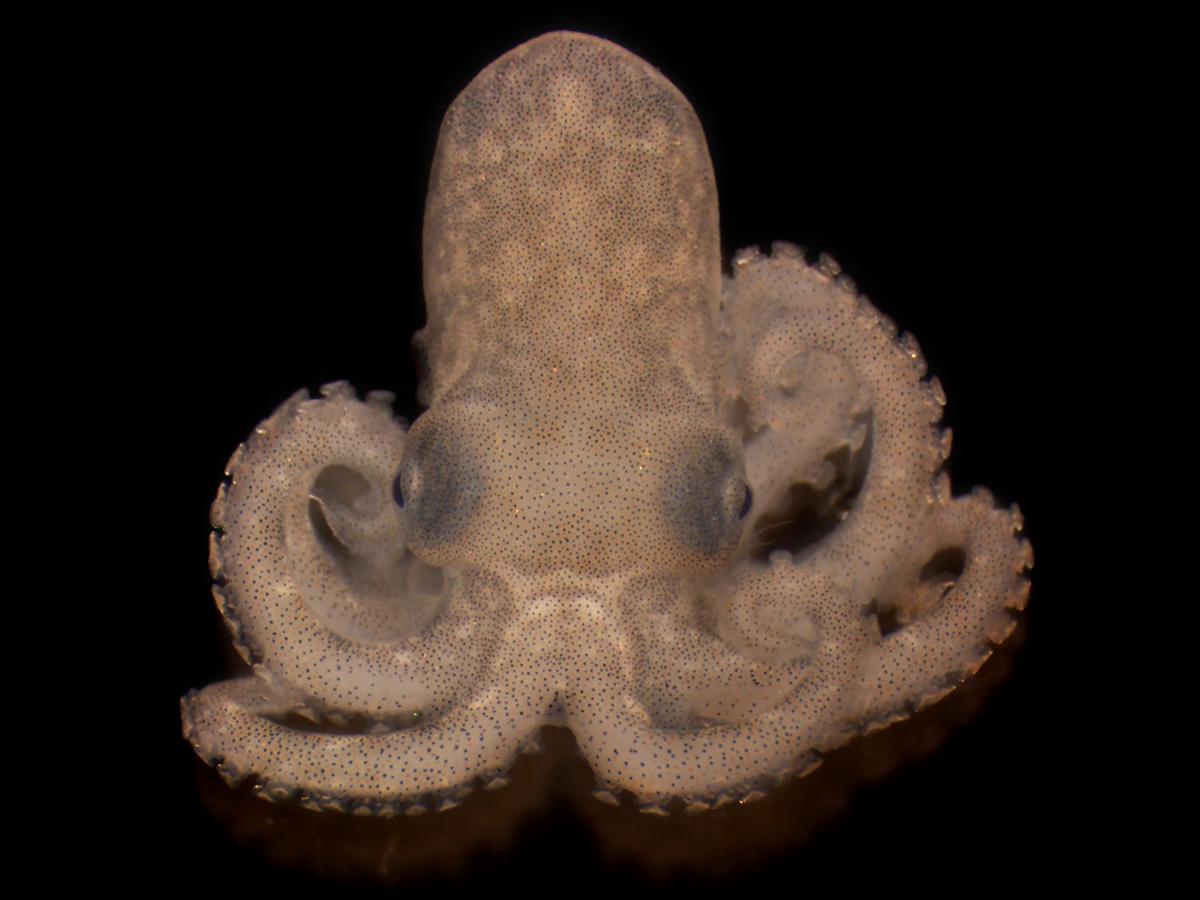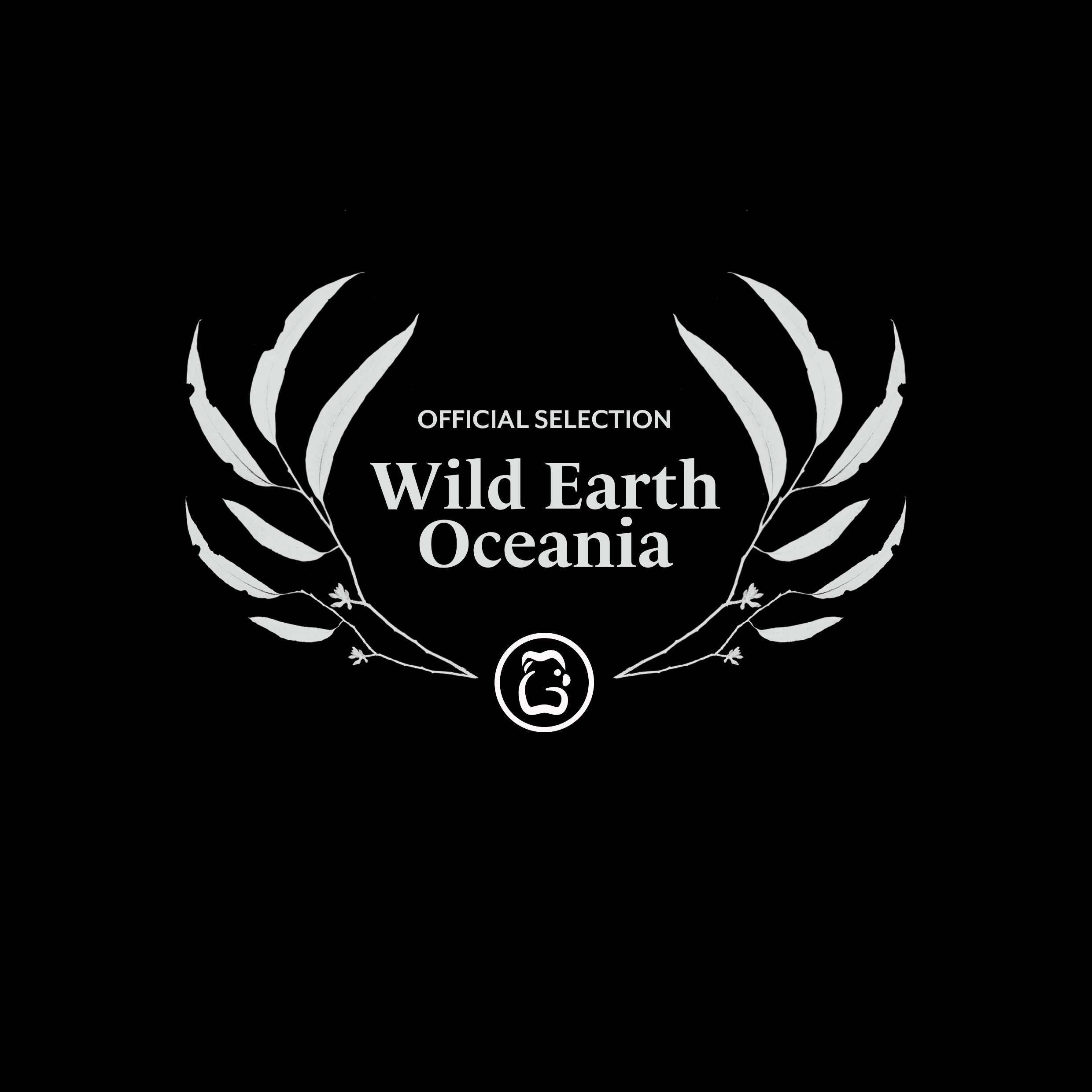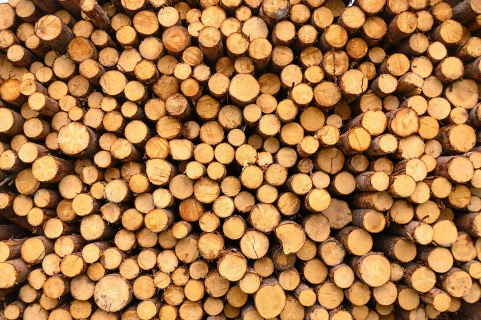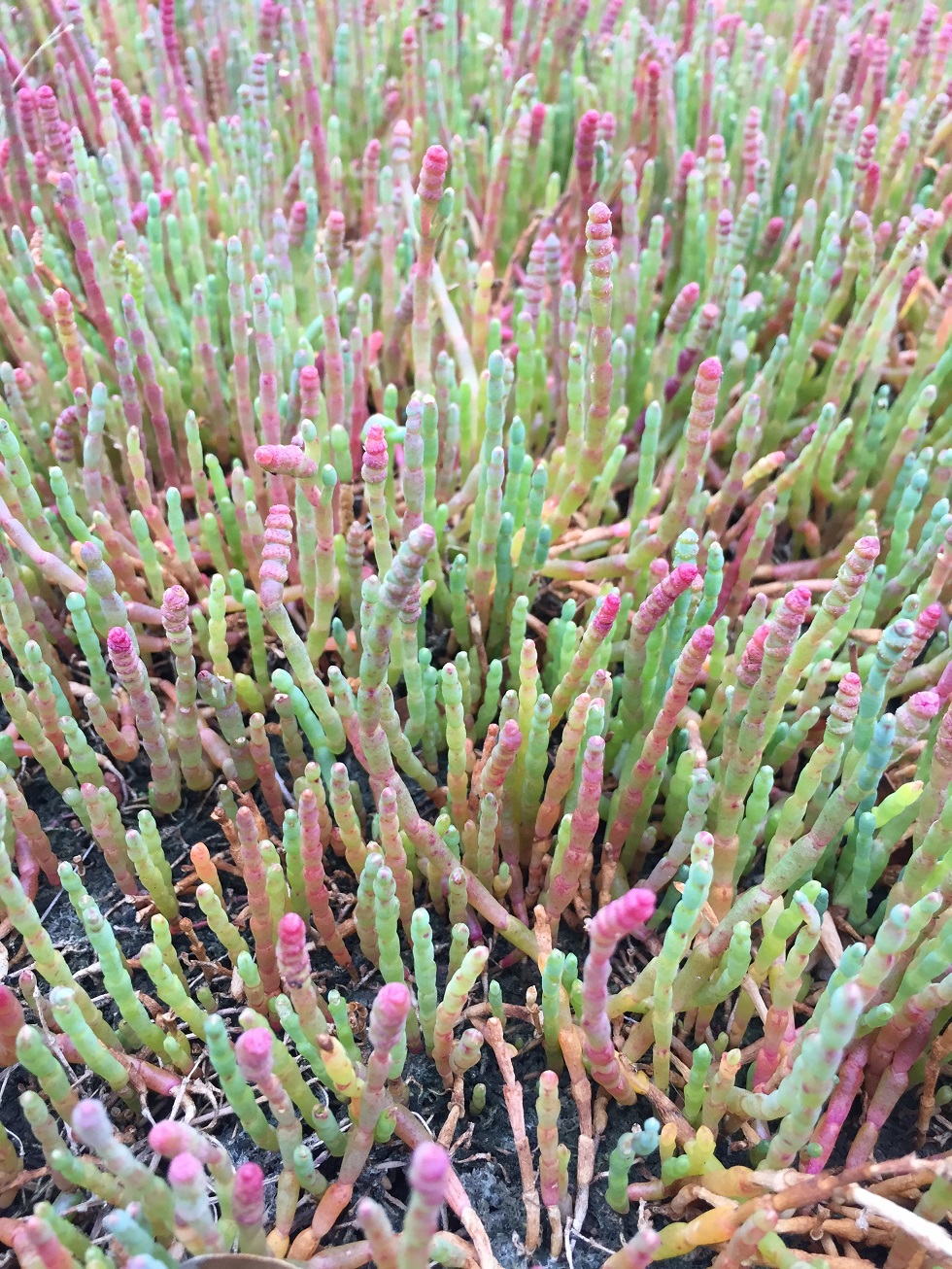BLOGS WEBSITE
Category: Faculty of Sciences Engineering and Technology
Defining the potential for mangrove-based agribusiness transformation in the coastal Mekong Delta, Vietnam
The Mekong Delta region in Vietnam is facing several development challenges but the Government of Vietnam (GoV) is committed overcoming these and support the growth of the agricultural sector in the region. The Australian Centre for International Agricultural Research (ACIAR) recently awarded Environment Institute’s Future Making Fellow, Dr Pham Thu Thuy, $471,200 for a project […]
Leave a comment
Heat stress from ocean warming harms octopus vision
While climate change has led to an increase in the abundance of octopuses, heat stress from projected ocean warming could impair their vision and impact the survivability of the species. “We found several proteins important for vision that were affected by thermal stress,” says Dr Qiaz Hua, a recent PhD graduate from the University of […]
Comments Off on Heat stress from ocean warming harms octopus vision
A Periodic Table of Food for better health globally
University of Adelaide researchers are contributing to a global effort to quantify the makeup of the world’s food supply, enabling data-driven solutions to human and planetary health challenges such as biodiversity loss, climate change and malnutrition. The Period Table of Food Initiative (PTFI) is led by nine Centres of Excellence around the world, all collaborating […]
Comments Off on A Periodic Table of Food for better health globally
Leading environmental scientist takes the reins
Plant, ecological and evolutionary geneticist, Professor Andrew Lowe will lead the University of Adelaide’s Environment Institute as its newly appointed Director. Professor Lowe has a strong connection to the Environment Institute, which he first joined in 2009 when it was established by the University of Adelaide to tackle some of the most complex and critical […]
Comments Off on Leading environmental scientist takes the reins
EVENT: Earth Jam! at the UniBar next month
On the evening of Saturday 10th February the University of Adelaide’s UniBar will come alive in a youth-focused evening for our living world aimed at amplifying and uplifting the South Australian youth voice. The event, hosted by Nature Conservation Society (NCS) and proudly supported by the Environment Institute and Human.Kind Studios, will showcase some of […]
Comments Off on EVENT: Earth Jam! at the UniBar next month
EVENT: Wild Earth Oceania Film Festival
Get ready for an unforgettable cinematic experience at the Inaugural Wild Earth Oceania Film Festival, taking place in Adelaide from January 16th to 24th. This exciting week-long event features an impressive line-up of short films, as well as Opening and Closing Night Gala functions that are not to be missed. We’re thrilled to announce that […]
Comments Off on EVENT: Wild Earth Oceania Film Festival
Eliminating illegitimate timber and plant derived products from global supply chains
The University of Adelaide has partnered with InterpreData, Double Helix Tracking Technologies, Forest Stewardship Council (FSC ANZ) and Aglive to secure a $500,000 grant to produce a secure, data-led traceability system for agricultural commodities and timber products. The illegal harvest and trade of timber and plant products poses a substantial threat to both global ecosystems […]
Comments Off on Eliminating illegitimate timber and plant derived products from global supply chains
Australasian Mangrove and Saltmarsh Network Conference, Adelaide 14-17 November 2023 – ‘AMSN 2023 – Living Coasts’.
Community members, environmental managers, interstate and international researchers will gather in Adelaide this week to celebrate, discuss and review the status of the natural ‘Living Coasts’ of the Australasian region. The 2023 Australasian Mangrove and Saltmarsh Network (AMSN) conference will be opened by SA Environment Minister Dr Susan Close on Tuesday 14th Nov and is […]
Comments Off on Australasian Mangrove and Saltmarsh Network Conference, Adelaide 14-17 November 2023 – ‘AMSN 2023 – Living Coasts’.
VIDEO: Jon Dee presenting ‘Unleashing the power of trees for healthier communities’
On October 25 this year, the Environment Institute and Green Adelaide had the pleasure of hosting Mr Jon Dee for a public lecture on ‘Unleashing the power of trees for healthier communities’, another instalment in our Hope and Wonder Series. Jon, who is the co-founder of National Tree Day and One Tree Per Child, explained […]
Comments Off on VIDEO: Jon Dee presenting ‘Unleashing the power of trees for healthier communities’











